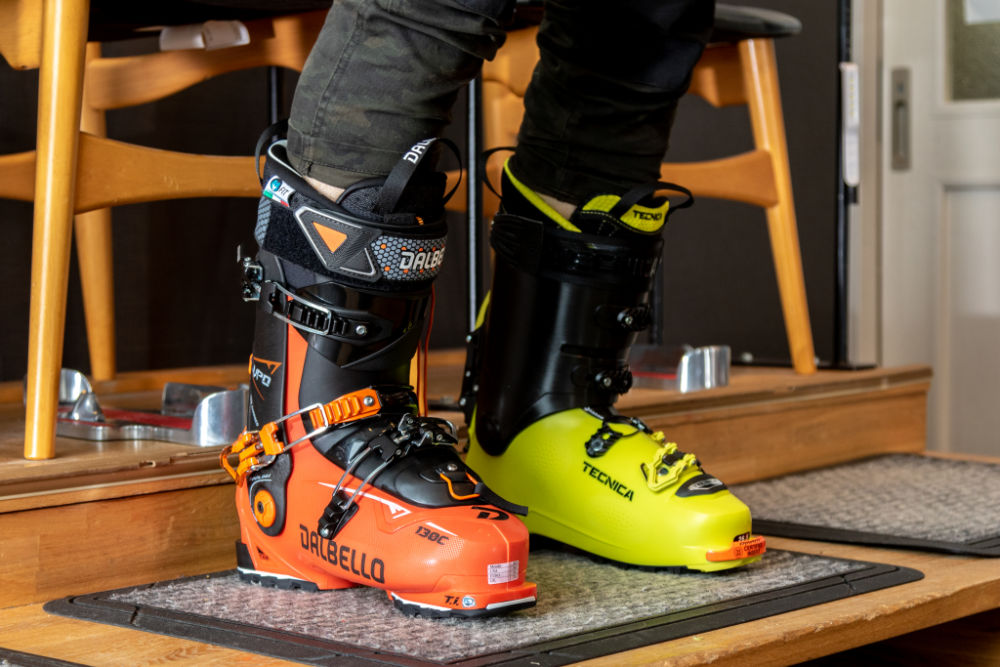Articles
The Squeeze Test: A Fourth Amendment Dilemma

Facts of the Case:
Steven Dewayne Bond was traveling by bus from California to Arkansas. During a routine check, a patrol agent boarded the bus to inspect the passengers’ immigration documents. Upon exiting, the agent decided to examine the bags in the overhead compartments. One of the bags, belonging to Bond, was squeezed by the agent, revealing a solid object inside. Bond eventually allowed the agent to search the bag, leading to the discovery of methamphetamine. Bond was arrested for possession with intent to distribute. He argued that the search violated his Fourth Amendment rights. However, the District Court disagreed, and Bond was convicted. The Fifth Circuit Court of Appeals upheld the District Court’s decision, stating the squeeze test did not violate the Fourth Amendment. The U.S. Supreme Court, however, reversed this decision, stating that the squeeze constituted an illegal search under the Fourth Amendment.
Procedural History:
Bond was initially arrested and found guilty in District Court of possession and intent to distribute methamphetamine, receiving a 57-month sentence. He appealed, claiming the bag could have been tampered with by others and that the initial squeeze of his bag without consent violated his fourth bond Amendment rights. The Court of Appeals dismissed his appeal, deeming the agent’s actions as within job duties and not in violation of the Fourth Amendment. The U.S. Supreme Court later overturned this decision, asserting that the squeezing of Bond’s bag was a search requiring Fourth Amendment protection.
Legal Issues:
The central legal issue was whether squeezing Bond’s bag constituted a search that required Fourth Amendment protection. The Fourth Amendment safeguards citizens from unreasonable searches and seizures of their homes and belongings.
Statement of Rule:
The evidence was obtained in violation of Bond’s Fourth Amendment rights.
Policy:
The cited laws aim to protect individuals from unwarranted searches and seizures by authorities.
Reasoning:
The U.S. Supreme Court reversed the Court of Appeals’ decision, ruling that Agent Cantu’s examination of Bond’s bag by squeezing violated Fourth Amendment principles. The Supreme Court emphasized that placing the bag in an overhead compartment did not equate to relinquishing privacy rights. The Court distinguished this case from Florida v. Riley (1989) and California v. Ciraolo (1986) by noting the difference between visual observation and physical manipulation. The Supreme Court concluded that while passengers might anticipate their bags being moved or touched by others, they do not expect such interactions to involve invasive searches or inspections.
The case of Steven Dewayne Bond highlights the intricate balance between law enforcement duties and individual rights under the Fourth Amendment. Despite initial convictions, the U.S. Supreme Court’s intervention underscored the importance of safeguarding citizens’ privacy against unwarranted searches. The decision serves as a reminder of the Fourth Amendment’s pivotal role in preserving civil liberties, even in the context of routine law enforcement activities. By reaffirming the principle that every individual is entitled to protection from invasive searches, the Court reaffirms the fundamental values upon which the American justice system is built. This case sets a precedent for upholding constitutional rights in the face of evolving law enforcement practices.
-

 Rappers1 year ago
Rappers1 year agoGloRilla Net Worth: Height, Age, Bio, Real Name & Career
-

 Businessman1 year ago
Businessman1 year agoBrandon Fugal Net Worth: How Rich is Skinwalker Ranch Owner?
-

 Rappers3 years ago
Rappers3 years agoBigXthaPlug Net Worth: Height, Age, Real Name & Career
-

 TV Stars1 year ago
TV Stars1 year agoKaleb Cooper Net Worth: How Rich is the TV Star Actually?
-

 Internet Stars3 years ago
Internet Stars3 years agoMufti Menk Net Worth: How Rich is the Islamic Speaker Actually?
-

 TV Stars1 year ago
TV Stars1 year agoCarla Diab Net Worth: How Rich is the TV Star Actually in 2025?
-

 Businessman2 years ago
Businessman2 years ago7 Proven Lead Generation Strategies To Implement in 2023
-

 Rappers1 year ago
Rappers1 year agoDD Osama Net Worth: Height, Age, Real Name, Career & More
























You must be logged in to post a comment Login